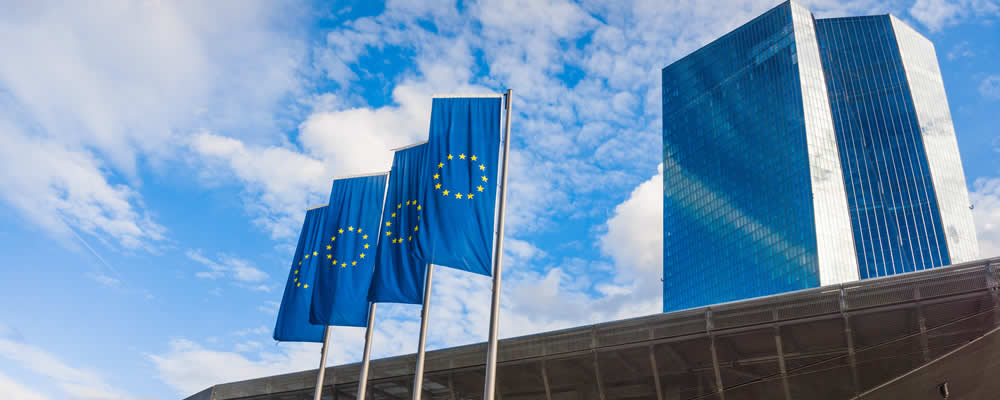Although the sense of political risk surrounding the French presidential election has ebbed the Euro has struggled to regain a stronger footing.
While centrist candidate Emmanuel Macron appears on course to become the next president the threat of a fresh populist upset remains.
This is likely to ensure that EUR exchange rates remain under some degree of downside pressure in the coming weeks.
Even so, the latest Eurozone data continued to point towards greater underlying strength within the currency union.
The German IFO business sentiment survey bettered expectations, with the business climate component rising to a sixty-eight-month high of 112.3 in March.
This strong showing encouraged greater optimism in the outlook of the Eurozone’s powerhouse economy.
As analysts at ANZ noted:
‘Both the current situation and expectations improved. It was the highest reading for the index since July 2011 and mirrors what the higher PMI indicated last week namely, the German economy is performing very well and growth will pick-up in 2017.’
Comments from European Central Bank (ECB) executive board member Sabine Lautenschläger suggested that the central bank might be moving towards a more hawkish bias, meanwhile.
Markets reacted positively to the suggestion that they should prepare for ‘a change’ in policy, despite an end to quantitative easing still appearing a distant prospect.
If other ECB policymakers echo this sentiment the Euro Pound exchange rate is likely to gain support in the coming week.
Even as Theresa May prepares to trigger Article 50 and begin the formal process of exiting the EU the Pound has remained on a stronger footing against its rivals, though.
Signs that the government is backing down from its threat that it could walk away with no deal have helped to encourage investors to pile into Sterling.
As May has also continued to refuse the idea of a second Scottish independence referendum markets have been inclined to take a more positive view of the domestic political situation.
However, there is still a considerable degree of uncertainty surrounding the outcome of the two-year exit process, which could weigh increasingly on the Pound.
Confidence in the underlying strength of the UK economy could soften if February’s net consumer credit and mortgage approvals figures prove disappointing.
Strong consumer confidence and spending have been responsible for much of the economy’s strength in the wake of the EU referendum any signs of a shift are likely to boost the EUR GBP exchange rate.
With the Bank of England (BoE) looking unlikely to adopt a more hawkish bias for the foreseeable future the appeal of Sterling looks set to remain limited.
Current EUR GBP Interbank Exchange Rates
At the time of writing, the Euro Pound exchange rate was trending lower at 0.86. Meanwhile, the Pound Euro exchange rate was holding a narrow uptrend around 1.15.
